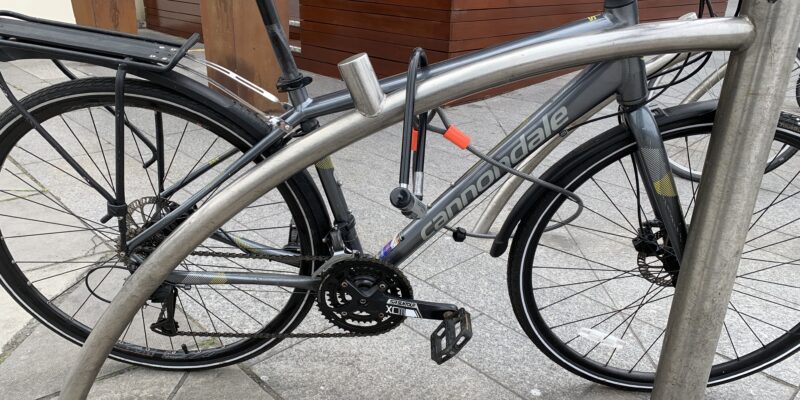The first Hungarian platform work judgment:’self-employment’
On 13 December 2023, the Hungarian Supreme Court (Curia) ruled on the classification of platform work relations between a food delivery platform (Platform) and a delivery driver. This is the first platform work ruling in Hungary, and also in the Central and Eastern European region. The Curia stated that the platform worker is self-employed; therefore,…


